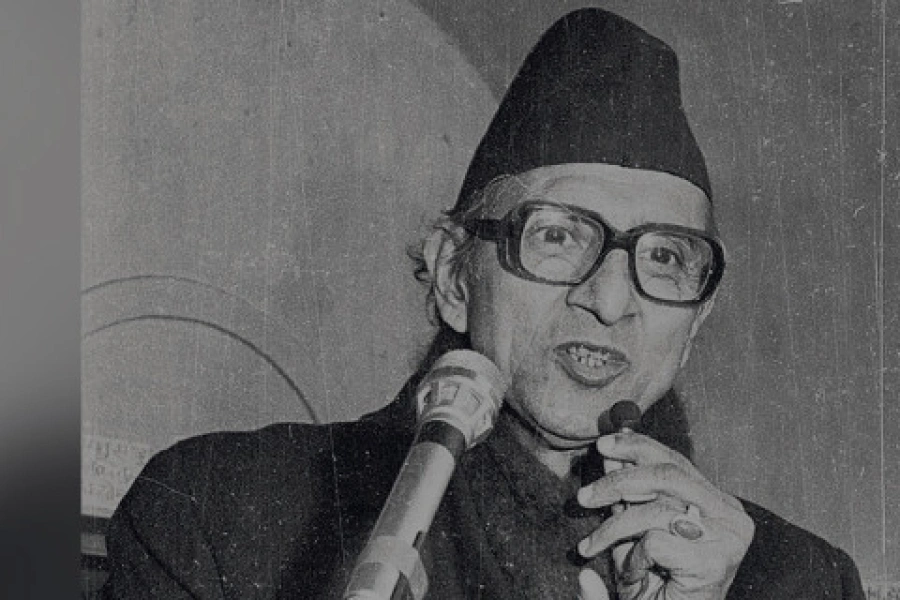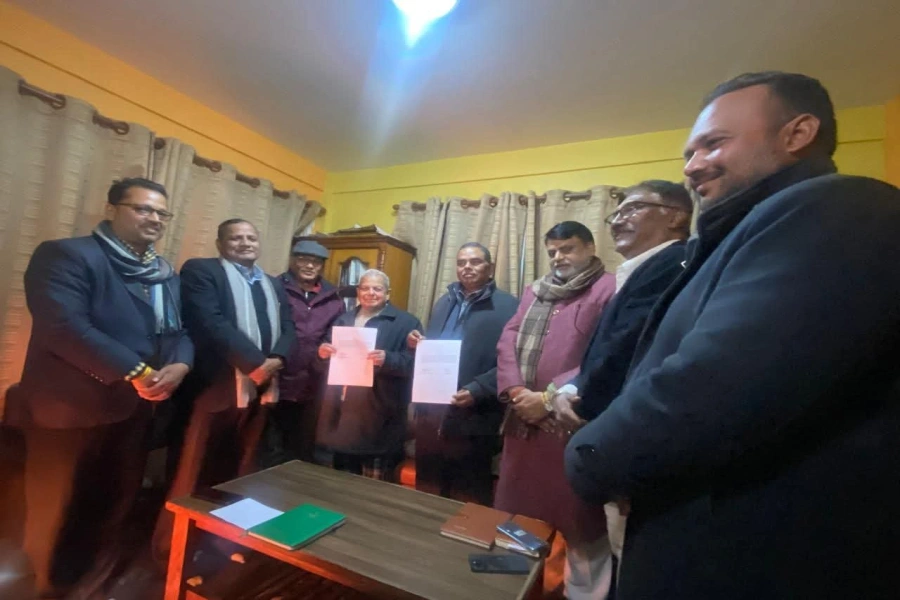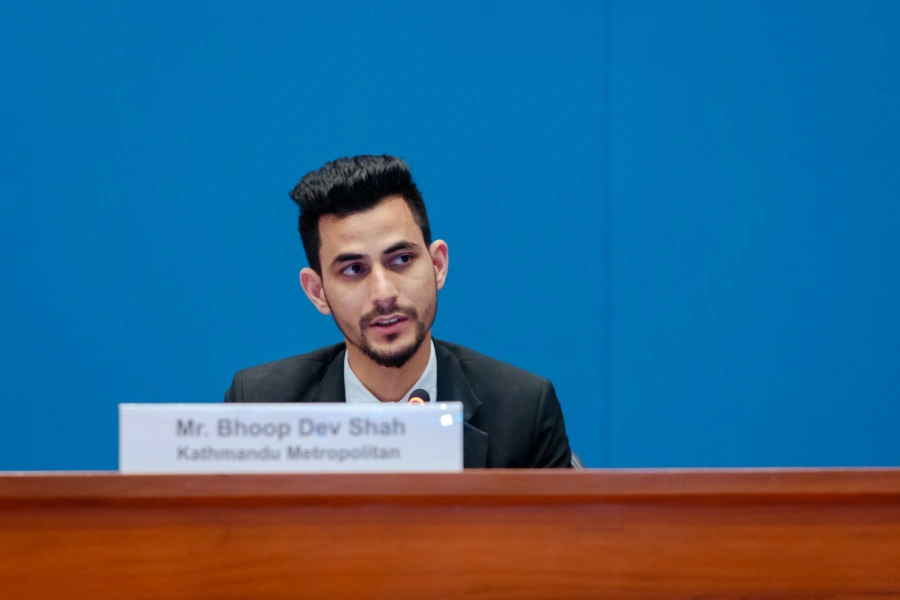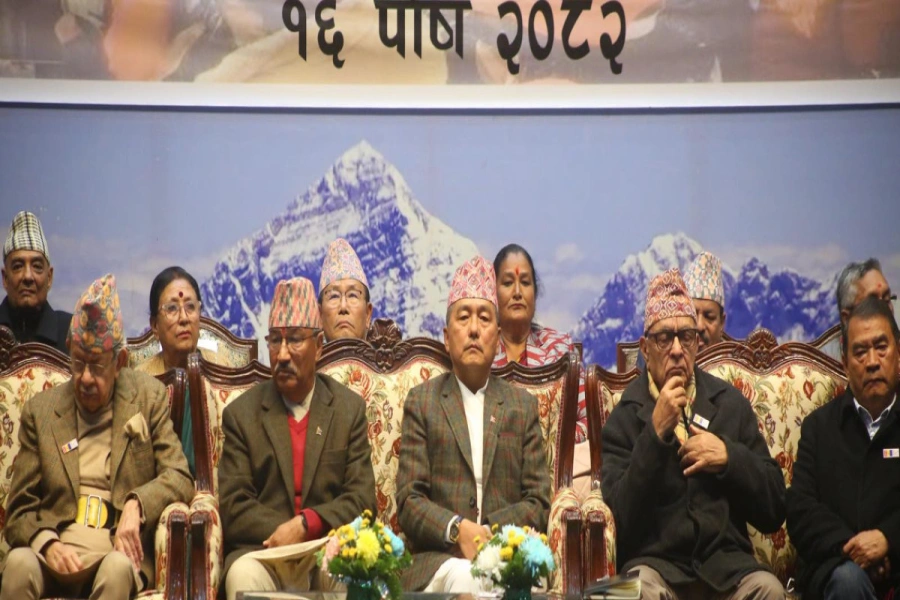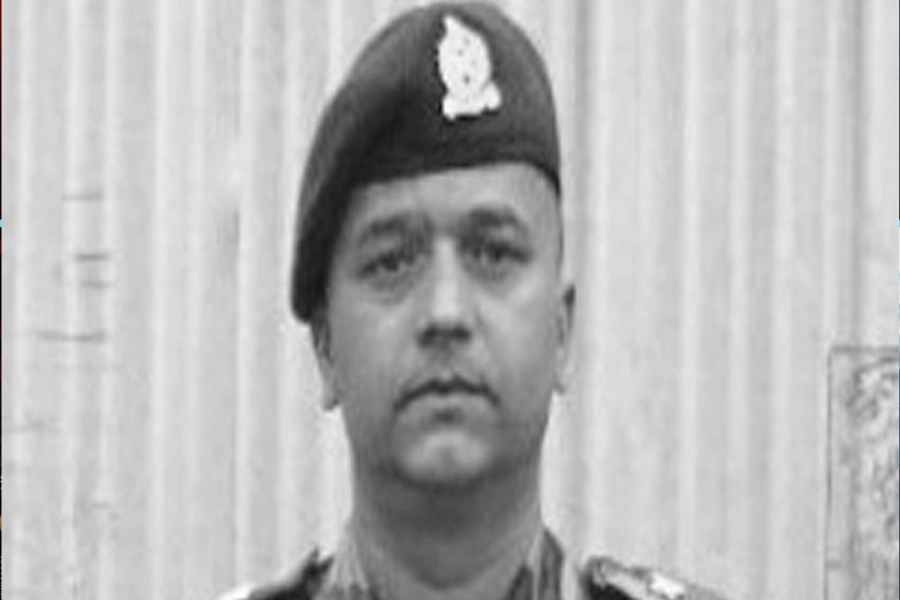If special residential schools are provided only to bureaucrats’ children, members of other communities will ask: “Why not for us?” As if the already discriminatory policies are not enough, the government has brought a new one. It is crystal clear that it could have serious ramifications in the days to come. And it could yet be another brick in the already big wall of discrimination issues in the country. In this regard, former secretary, Khem Raj Nepal, rightly says that the national delivery system should address the needs of all; it should not target just one or two particular groups. I also agree with him on the point that it is sheer discrimination to set up special facilities just for particular groups.
Our country has a majority of poor people. Comparing to the majority of the people below the poverty line, the number of civil servants is miniscule. Our total population is nearly 30 million whereas the numbers of civil servants is about 86,000. One can easily imagine who holds the majority in terms of population. Now questions arise: Should the government give preference to people who are below the poverty line or a handful of those who enjoy the state largesse? As per the spirit of ‘education for all’, the state should focus on providing quality, easily accessible and free education to the children of poor people and not only to the children of civil servants.
Civil servants have already benefited from various facilities and allowances. And the underprivileged are excluded from minimum government facilities. Of course, many employees don’t get adequate wages and facilities. But, one shouldn’t forget that the condition of a sizable population is even worse. Yes, we must acknowledge that to some extent bureaucrats’ children are deprived of attaining uninterrupted education due to frequent transfers of their parents. The concern is: Is this a serious problem than that of those children who have never seen schools and touched books and pencils? Deprivation of uninterrupted education does not mean that their children are more affected than others. The government should spend money for the children who have never been to schools, never learnt letters and never known what education means than providing uninterrupted education for civil servants’ children. There are a number of underprivileged communities, castes, tribes and ethnic groups in the country. Should they seek special schools for their children? Can the government arrange such facilities equally?
There are always two sides to a coin. On the one hand, if this plan comes into effect, junior civil servants wouldn’t have extra burden to educate their children. But if we ignore the other side of the coin, the ramifications could be negative.
Government employees draw a monthly salary. No matter how much, they at least have some amount to spend for their children’s schooling. On the contrary, there are a large number of people who don’t have access to even a small amount. Compared to them, civil servants are extremely fortunate. They can at least invest some amount for their children’s education.
But for those who do not have money even to buy two square meals a day, how can we imagine them to shell out money for their children’s education? In this context, how can we say that special schools for children of civil servants are rational?
Again, will the top bureaucrats enroll their children in such special residential schools? Do they trust the quality of education of such schools? The current practice of most top bureaucrats is to send their children abroad for studies. Whether the plan will discourage children of bureaucrats from going abroad is a different question but this will certainly give birth to a discriminatory culture in the society.
Regulation of private education essential: Minister Poudel








